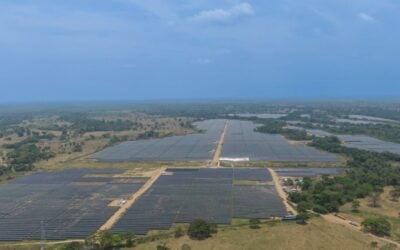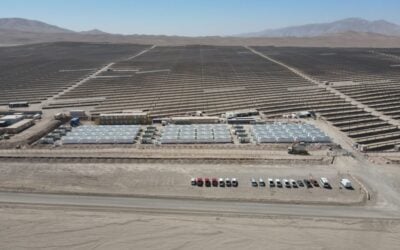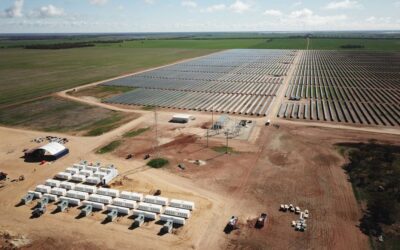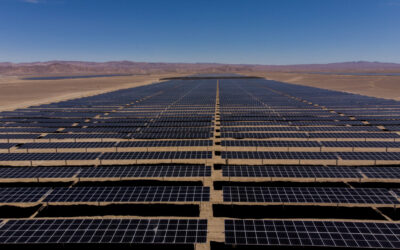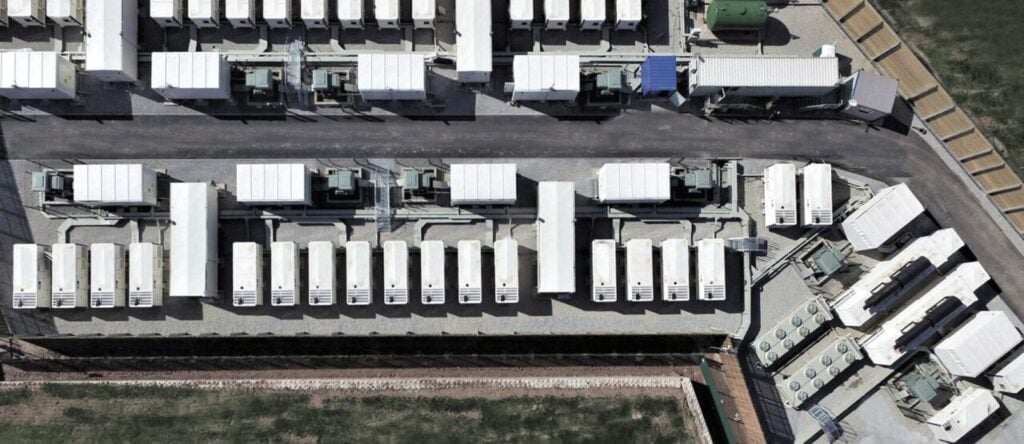
Greek renewables developer Metlen Energy & Metals has secured three battery energy storage system EPC contracts in Chile.
The engineering, procurement, and construction (EPC) agreements are for more than 2.5GWh of battery energy storage systems (BESS) and 190.5MWp of solar PV capacity.
Enjoy 12 months of exclusive analysis
- Regular insight and analysis of the industry’s biggest developments
- In-depth interviews with the industry’s leading figures
- Annual digital subscription to the PV Tech Power journal
- Discounts on Solar Media’s portfolio of events, in-person and virtual
All the projects are expected to be delivered no later than the first quarter of 2026.
In addition to these EPC agreements, Metlen is also involved in building its own portfolio in Chile with the Mesembria project, which will have a BESS capacity of 1,607MWh and is expected to be completed by Q4 2025.
A recent report from Wood Mackenzie highlighted the growth of solar-plus-storage projects in Brazil and Chile, due to increased curtailment and transmission issues in these countries. The report forecasts 160GW of solar PV installations in South America by 2034.
The co-location of BESS with solar PV in Chile, both for operational projects and future developments has been seen as an “absolute necessity”, as explained recently by Alejandro McDonough, business development manager of Americas area sales at Wärtsilä Energy Storage and Optimisation (Wärtsilä ES&O) to Energy-storage-news, which recently looked at the BESS market in Chile.
Moreover, during the last Energy Storage Summit Latin America event in October 2024, the technology was highlighted as playing an important role in reducing Chile’s increasing curtailment issues. In 2024, a record high of 6TWh of solar PV and wind capacity was curtailed, more than doubling the numbers for the prior year.
However, some uncertainties, especially on the financial side, still need to be solved for BESS to fully soar in Chile and the broader region, with many countries lacking regulation and policy for BESS to grow in Latin America and in the Caribbean.

